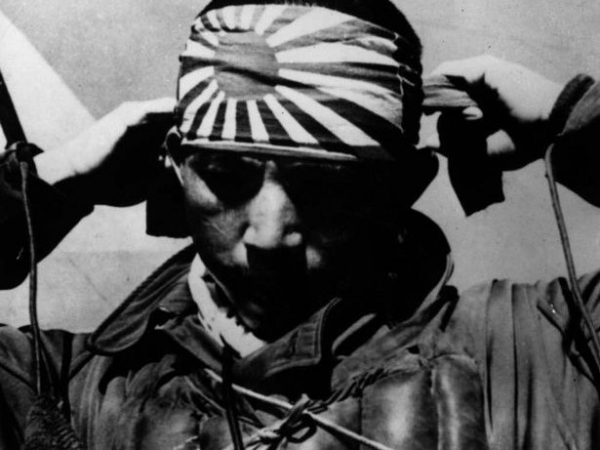And by researching individual families, hopefully I can make this project more engaging and relatable by portraying the actual thoughts and feelings those families had, to make it more personal to us, as they could’ve been our family.
And in doing so, I want to share the message that the people involved during the war were all humans like us, regardless of what ‘side’ they were with. This is because we usually associate the ‘winners’ as the good and the ‘losers’ as the bad in war, biasing our opinions we have of the enemy and lacking sympathy for them. However, every soldier that fought had their own reasons, and every life lost was tragic during the war. So hopefully by sharing the emotions of the families affected by the war from both sides, this will add a bit more meaning to the horrors of war.
To start this all off, I’ve done some research into my own cultural heritage back in Japan, with my mum’s side of the family coming from Hiroshima, and with my grandparents being directly affected by the dropping of the atomic bomb on the 6th August 1945.
As we all know, Japan was part of the axis in WWII, and we often hear of the atrocities they committed during the war, such as the ‘Rape of Nanking’ and Pearl Harbour. And with us only being informed of these negatives at school, we tend to distance ourselves from the enemies and see them as being these ‘barbaric’ creatures devoid of any human emotions. However, this wasn’t the case and they were ordinary people like us today.
By asking my aunty who lives in Hiroshima, I’ve found out quite a lot about what happened to my family during the war and especially the dropping of the atomic bomb, and the whole thoughts and emotions associated with it.
The questions I asked were:
What were the soldiers fighting for?
What happened directly after the dropping of the atomic bomb?
How did the recovery of the city go?
How was my grandparents affected by it?
I won’t include everything I’ve learnt in this blog post right now as it will be too long, but some things I found out included the reasons why my grandfather signed up as a soldier.
He signed up in the latter stages of the war, just becoming old enough to do so, and he joined the suicide squad as it was becoming apparent that Japan was beginning to lose the war. At that time, it was seen as an honour to join the military, with patriotic propaganda being spread though the education system. However, the main reason for my grandfather joining the military was due to the fact that Japan was experiencing a food shortage. And my grandfather, being the second son in the family, joined the military hoping that with one less person to feed, he would be better able to support his family, knowing that he would most likely not make it out alive. This was told to me by my grandfather’s brother and luckily my grandfather returned home safely from the war right after Japan surrendered.
I will look to share more of what I’ve learned in my other blog posts.
Also thanks to the Christchurch City Council’s Youth Development Fund and specifically the Burwood-Pegasus Community Board, for approving a grant of $500 towards my Young Ambassador’s Tour. It’s a big weight off my shoulders so far, and I’m hoping to get another grant through my school which I’m still waiting on.
And from here on in, in regards to my project, I’m planning on asking around school for people who have had family members who fought at the Battle of the Somme. By discovering more personal stories of people who have had family members fight at the Battle of the Somme, I think it makes it more relevant for me to go over to France and actually visit the various sites and monuments and honour the soldiers for the ultimate sacrifice that they made for us today.


